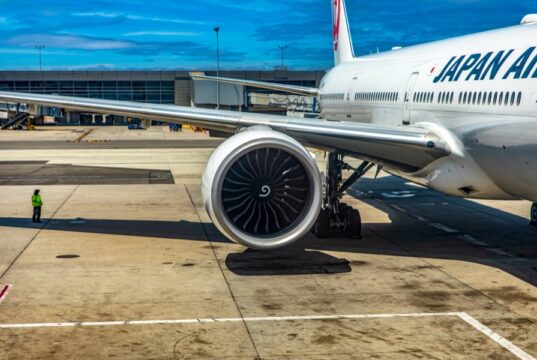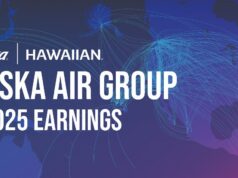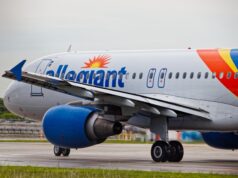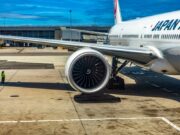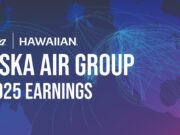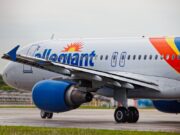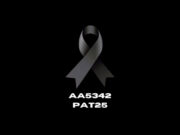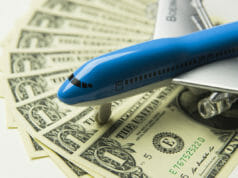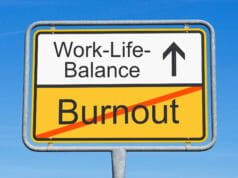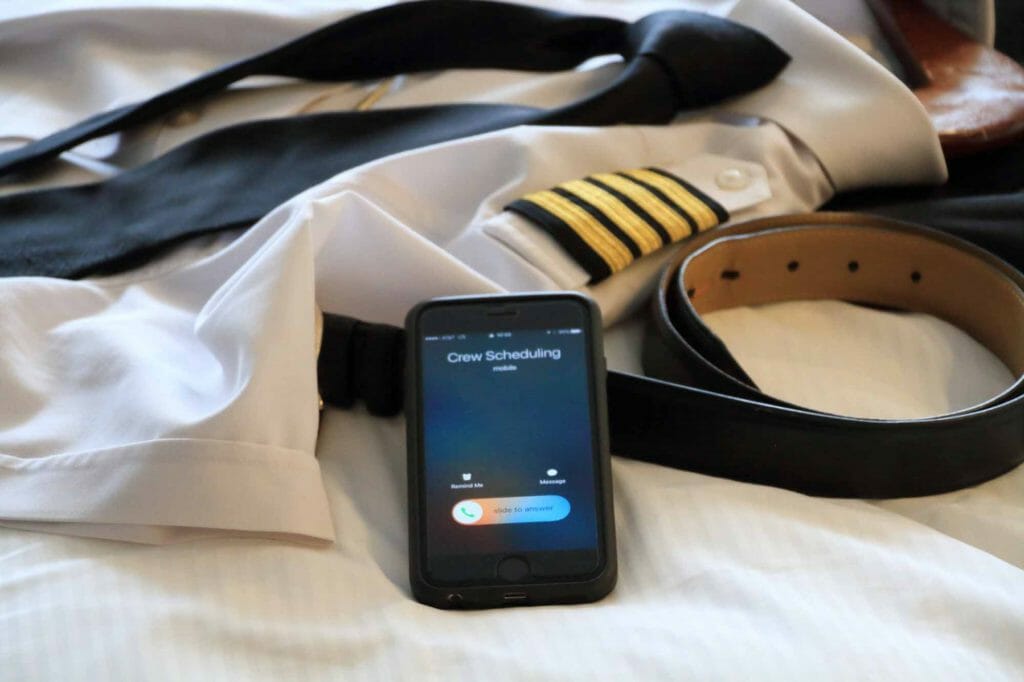
In the past two articles, bidding for a pilot’s monthly schedule was examined. Although pilots have set schedules each month, there may be times the airline needs to reassign pilots, whether it be to add or remove any flying, and therefore modify their schedules. Reasons for such can vary, including pilots calling in sick, delays, and pilots reaching their max FAR 117 duty day. Airlines are ranked based on flight completion percentages, for factors they can control, and on-time performance. They may be required to reassign pilots in order to preserve the aforementioned metrics. The airline’s contract will dictate how it can reassign pilots, as well the method required to properly advise the pilots of such change. The scope of this article will cover reassignments once a pilot has commenced a trip.
All airline contracts allow the company to reassign line holders and reserve pilots when a pilot is on a trip. Most airlines do not require the pilot to answer his/her phone. This can be further broken down, with some airlines requiring only reserve pilots to answer their phones while other airlines, although rare, require reserve and line holders to answer their phones.
How a pilot is notified of a change varies significantly amongst airlines. At some companies, a voicemail is the only requirement for a pilot to be notified. Other airlines require scheduling to physically talk to the pilot on the phone (if the pilot picks up the phone). Although not frequent, the company may have representatives in each base (usually called Crew Trackers) that will meet the pilots at the gate to notify them of any schedule changes. Proper notification of a reassignment could also be conducted by a gate agent. Other forms of notification include self-notification by a pilot through the online scheduling system and an ACARS message.
Reassignments will generally benefit the pilot in terms of pay, especially if the reassignment requires the pilot to fly past his/her originally scheduled end time on the last day of a trip. Of course, this does not benefit pilots if previous commitments were made. The airline may also be required to reassign a pilot which extends a trip an additional day, meaning the pilot is working on an originally scheduled day off. In return, the company will either pay the pilot a premium amount (usually 150%, rarely up to 300%) for any flying on the originally scheduled day off, or grant the pilot a day off later in the month when he/she is scheduled to work. This option can be used on a multiple-day trip. The pilot submits his/her preference for which working day will be converted to an off day, with Crew Scheduling determining which day will be restored. A few airlines will grant the pilot both premium pay and a day off.
Pilots cannot refuse reassignments, even if it violates the contract. The only instance that a pilot can refuse a reassignment is if the reassignment violates any FAR 117 limits (duty day issues). If a pilot disagrees with the reassignment, he/she generally needs to talk to a supervisor within Crew Scheduling or his/her chief pilot. The phrase “Fly Now, Grieve Later” is common amongst airlines, advising the pilot to fly the reassignment and seek out a resolution afterward, with the Chief Pilot or Union. This highlights the need for a pilot to know whether he or she was legally notified of a reassignment.
A reassignment of a pilot can have serious affects to his/her quality of life. Although a pilot may be paid additional for flying into any days off, the drawbacks may outweigh the extra pay. A reassignment requiring the pilot to finish much later on the last day of a trip may determine if he/she can commute home or not. Additionally, pilots forced to work on an originally scheduled day off may squander whatever plans such pilot had for that day. Legal or illegal notification will dictate whether the pilot must fly the reassignment or not. Reassignments are common at every airline. The more the pilot knows the contractual limits of the airline, the less frustrating each reassignment is.












